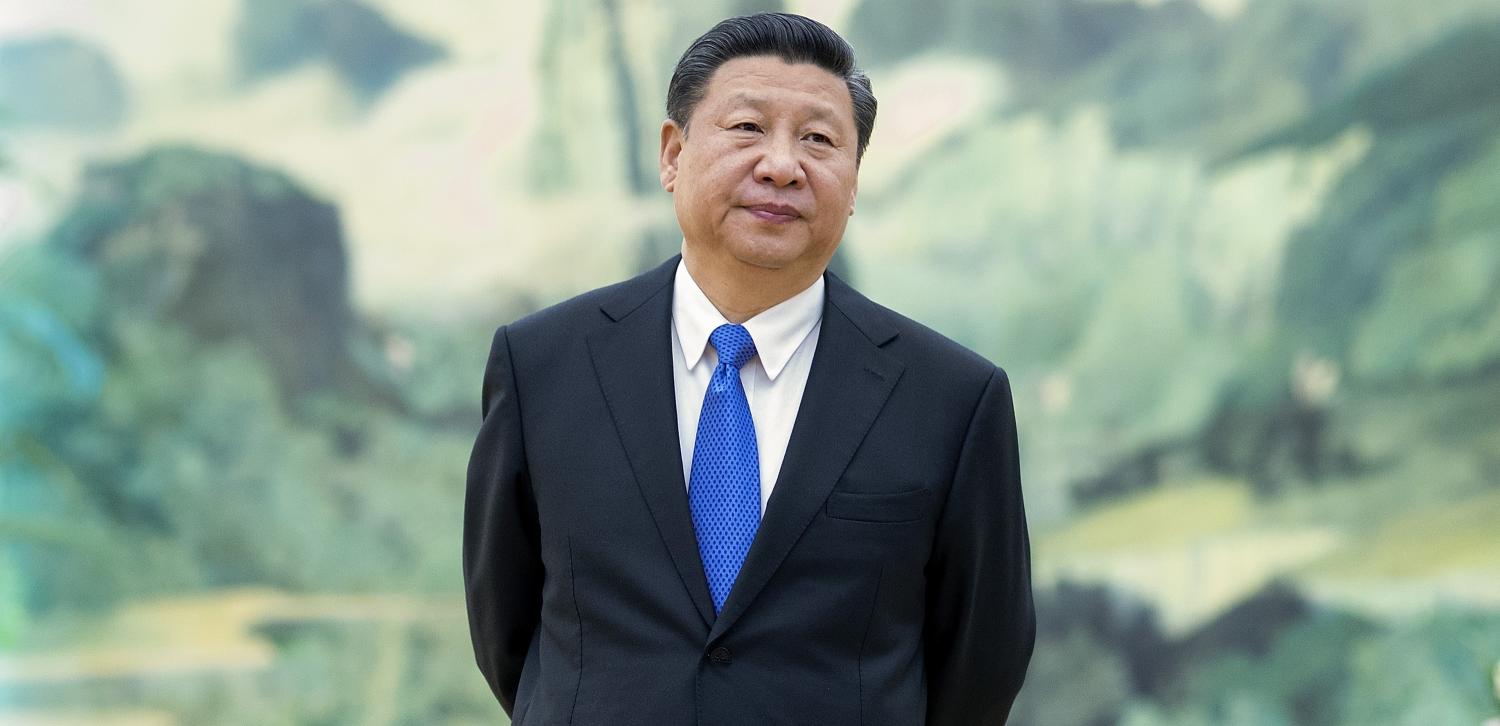There has been considerable speculation about whether Chinese President (and newly annointed 'core' leader) Xi Jinping might be secretly planning to extend his time in power past the standard two five-year terms.
In 2017 the Chinese Communist Party will hold its 19th Congress, where it will decide on the membership for the next Politburo Standing Committee (PSC), traditionally understood to be the indicator of the most likely successor after the leader steps down. This week, the sixth Plenum of the 18th Party Congress is being held, generally when the agenda for the 19th Party Congress is drawn up and where analysts might hope to see some hints of what is to come.
So far, however, Xi has not shown any signs of having chosen his heir. At the same time, there is talk of Xi bending the age-limit rules for Wang Qishan so that he can continue in the PSC as head of the Central Committee for Discipline Inspection, in charge of the anti-corruption crackdown, with some observers suggesting it will set a precedent for Xi to bend rules for himself too.
However, some of the speculation carries the implication that Xi is a relentless megalomaniac who would risk huge political and social upheaval for his own ends. This is misguided. Rather than clarifying what is happening in Chinese politics, it perpetuates the distracting and unhelpful 'Xi is this season’s Mao' discourse.
It is useful to take a moment to understand Xi’s options by looking at his current roles, and what the leadership handover precedents are.
There is no doubt that Xi has agglomerated considerable power. He is concurrently the general secretary of the Chinese Communist Party, head of state (as president), chairman of the Central Military Commission, head of the recently established Chinese National Security Commission (the state security apparatus) and Central Leading Group for Comprehensively Deepening Reform (CLGCDR, the economic reform institution).
Xi’s role as president runs from 2013 to 2023, and is limited by the constitution to two terms. His position as general secretary of the party runs from 2012 until 2022; this is limited by precedent rather than law, based on an unwritten rule respected since Deng Xiaoping. The time limit for chairing the CMC is also more flexible; for example, Deng and Jiang Zemin both held on to this position for several years after they stepped down from the presidency.
Xi thus has several options for holding on to power, ranging from the highly controversial (either rewriting or disregarding the Constitution) to the positively ho-hum, which wouldn’t break precedent or raise many eyebrows.
While Xi may indeed want to hold on to power, he is too much of a stickler for party legitimacy and stability to do so in a way that would cause political or social convulsions, particularly given there are means to maintain real power without this disruption. So the most controversial option - that Xi will try to retain the presidency beyond 2023, which would be unconstitutional and cause considerable political and social discomfort - is also the least likely.
Less controversial and somewhat more likely is that Xi will attempt to stay on as general secretary of the Communist Party beyond 2022, which would break precedent. A number of analysts believe this is almost 'a given'. Others, like Willy Lam, think the odds are about 60-70%.
I believe the most probable option, given it is the least controversial and also allows Xi to remain extremely powerful, is that he will follow in Deng and Jiang’s footsteps and retain his role as head of the CMC for some years after he steps down from the presidency and as general secretary. If he also stayed on as head of the CNSC and CLGCDR (a viable scenario, given that he established both), the new general secretary and the president would both likely have to defer to him.
We will find out soon enough whether Xi has someone in mind to take over from him as president. In the meantime, while it's challenging to keep track of the complexities of the Chinese political system and frankly impossible to understand or predict Xi, oversimplifying him runs the risk of being taken unawares by something that was on the cards all along.
Photo: Getty Images/Lintao Zhang

